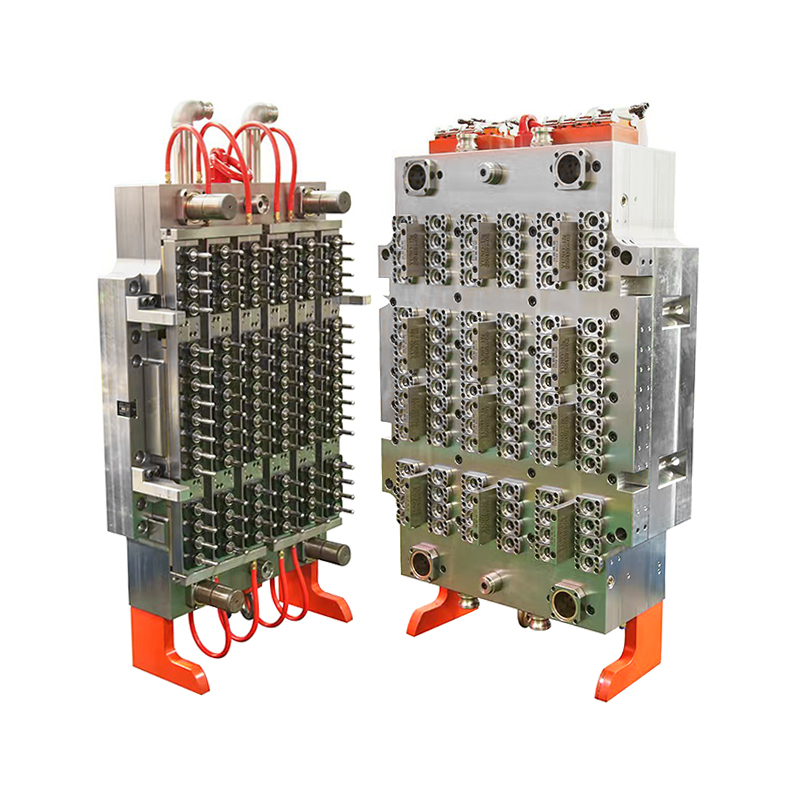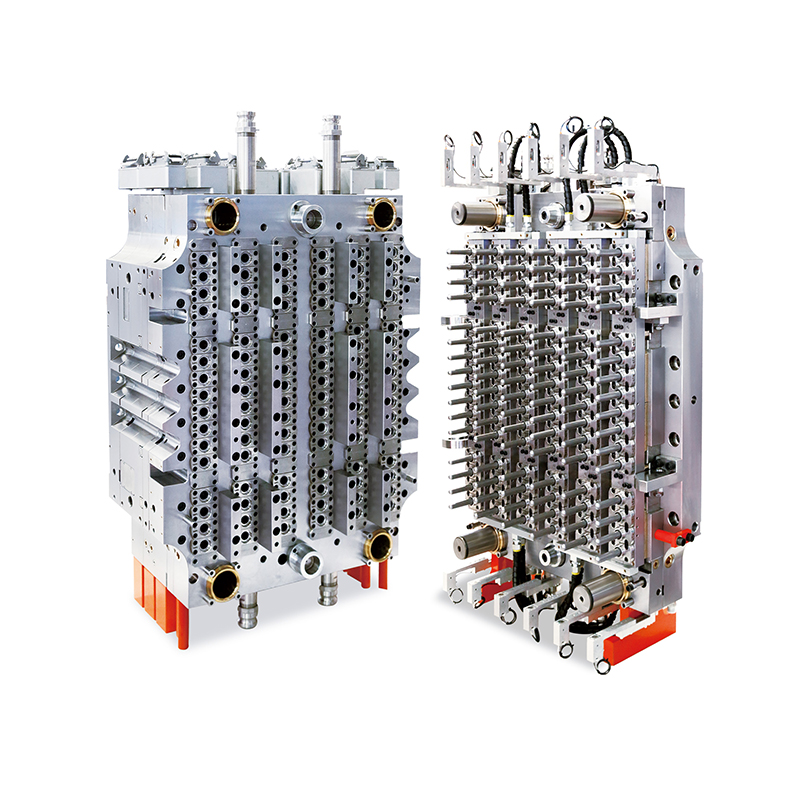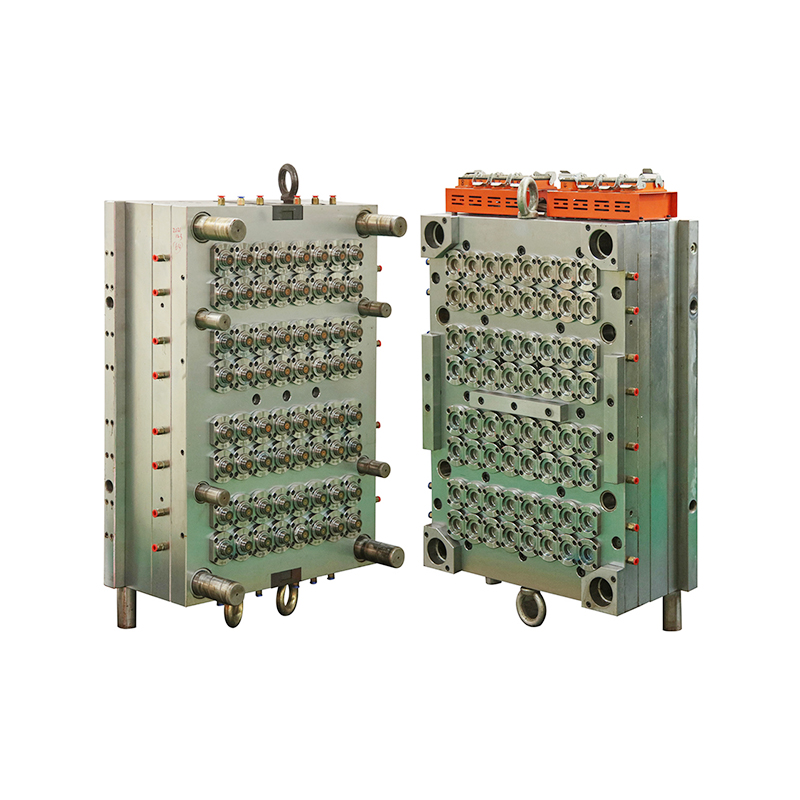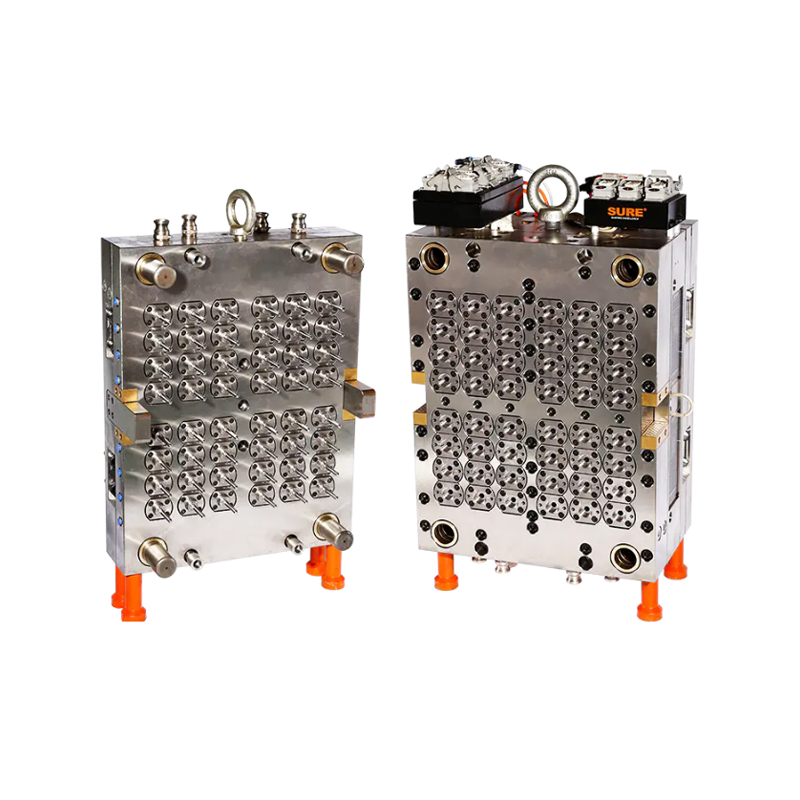No.148 Yongda Road, Jiangkou Street, Huangyan, Taizhou, Zhejiang, China.
The edible oil market, encompassing products such as vegetable oils, olive oils, and sunflower oils, has experienced steady growth globally. As consumers become increasingly health-conscious and demand packaging that preserves product freshness and safety, manufacturers are focusing on advanced packaging solutions that enhance both functionality and sustainability. Central to this evolution is the 6-Cavity PET Jar Preform Mold, a precision-engineered tool that supports the production of high-quality PET preforms specifically designed for edible oil containers.
Meeting the Unique Needs of Edible Oil Packaging
Edible oil packaging presents distinct challenges. Oils are sensitive to oxidation and contamination, requiring containers that provide barrier properties and maintain product integrity over extended shelf lives. PET jars are a popular choice due to their clarity, durability, lightweight nature, and recyclability.
The 6-cavity mold is specifically designed to produce preforms tailored for edible oil jars. Its cavities are optimized to create preforms with uniform wall thickness and precise neck finishes, ensuring that the resulting bottles offer secure sealing and user-friendly dispensing features critical for oil products.
Precision Engineering for Safety and Quality
Safety and quality are in food packaging. The 6-cavity mold employs advanced machining and molding technologies to deliver PET preforms that meet stringent food-grade standards. Each cavity is crafted to maintain tight dimensional tolerances, which translates into consistent jar thickness and neck dimensions.
This precision reduces the risk of leaks, contamination, and packaging failures, providing manufacturers and consumers confidence in product safety. Uniform preforms also enhance the performance of blow molding machines, ensuring the finished jars have the desired shape and strength.
Enhancing Production Efficiency and Scalability
While smaller than high-cavity molds used in mass production, the 6-cavity mold offers balance for manufacturers targeting niche or regional markets, product lines, or smaller batch runs. Producing six preforms per injection cycle enables efficient throughput without requiring extensive upgrades to existing injection molding equipment.
This scalability allows edible oil producers to respond flexibly to market demand fluctuations, reduce inventory costs, and manage production more effectively. Additionally, the mold’s design supports faster cycle times, helping optimize manufacturing workflows and reduce energy consumption.
Material Versatility and Sustainability Focus
With sustainability increasingly influencing packaging choices, the 6-cavity mold supports the use of virgin PET and recycled PET (rPET) materials. The ability to incorporate rPET aligns with environmental regulations and consumer preferences for eco-friendly packaging, without compromising the safety or performance of edible oil containers.

Furthermore, the mold’s engineering allows for lightweight preform designs, reducing material use and lowering the carbon footprint associated with transportation and disposal.
Durability and Maintenance for Long-Term Operations
Durability is a critical feature for molds used in continuous production environments. The 6-cavity PET jar preform mold is constructed from hardened tool steels with surface treatments that resist wear, corrosion, and thermal stresses common in injection molding.
Its modular cavity system allows for easy maintenance and cavity replacement, minimizing downtime and ensuring consistent production quality over the mold’s lifespan. This longevity contributes to lower total cost of ownership for manufacturers.
Supporting Industry Compliance and Innovation
Edible oil packaging must comply with numerous safety and quality regulations across different markets. The precise and reliable production capabilities of the 6-cavity mold help manufacturers meet these requirements by producing preforms that consistently translate into compliant final products.
Moreover, the mold supports innovation in jar design, enabling the development of packaging with enhanced ergonomics, aesthetic appeal, and improved user experience—key differentiators in a competitive market.
Integration with Modern Manufacturing Technologies
To maximize production efficiency, the 6-cavity mold integrates well with modern injection molding machines equipped with automation and real-time monitoring systems. Manufacturers can leverage data analytics and Industry 4.0 capabilities to optimize process parameters, predict maintenance needs, and reduce waste.


 英语
英语 法语
法语

















